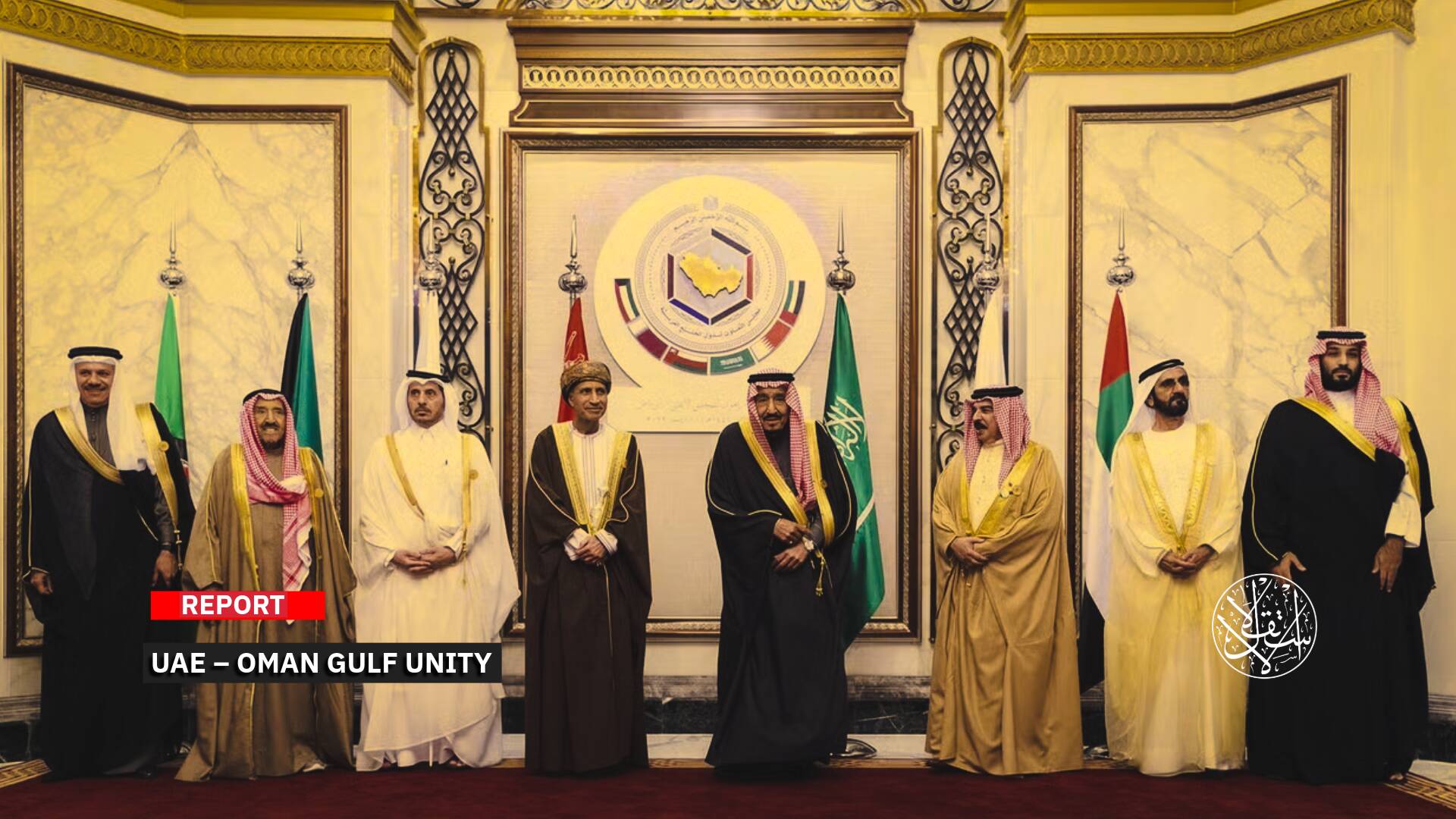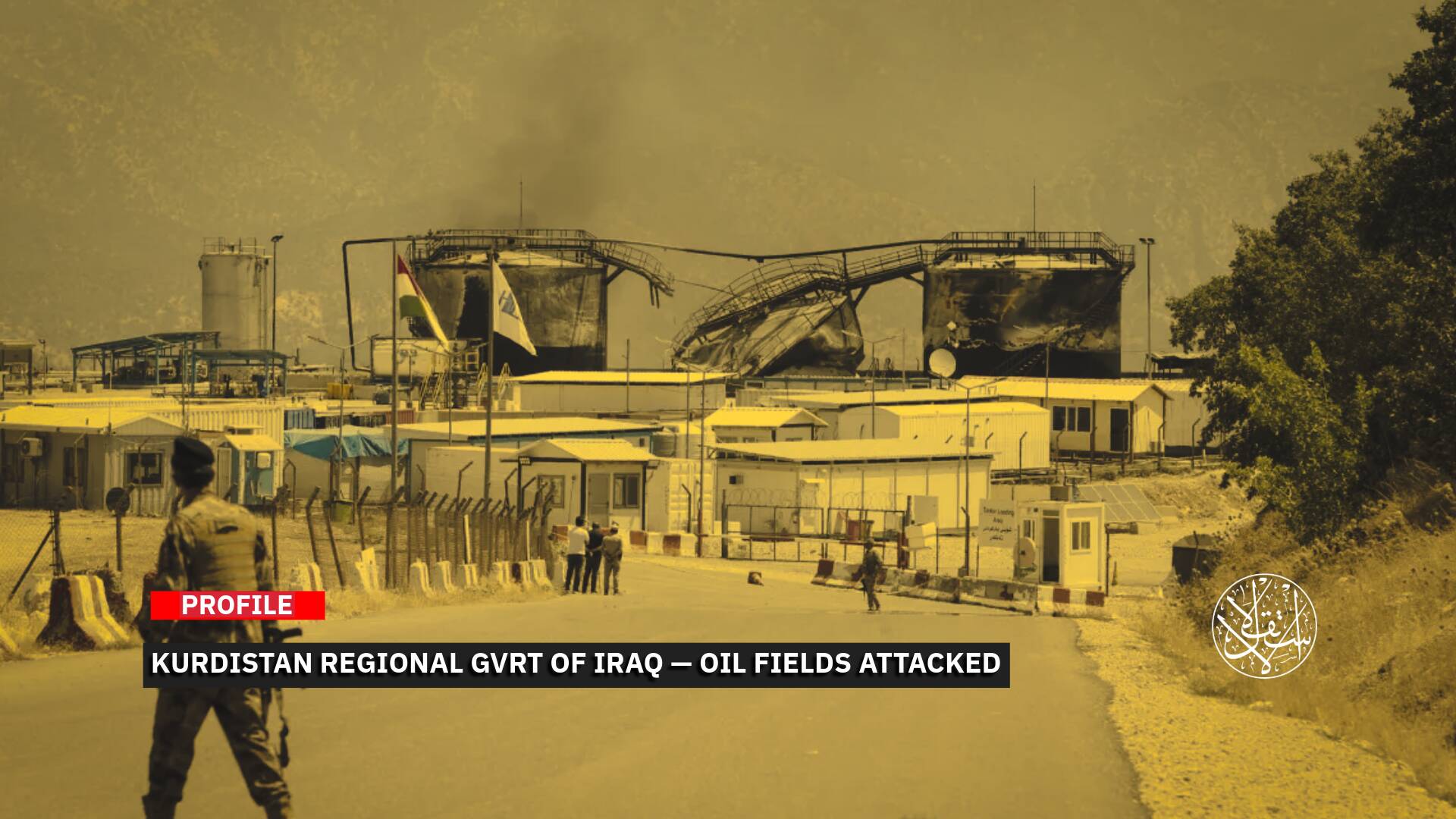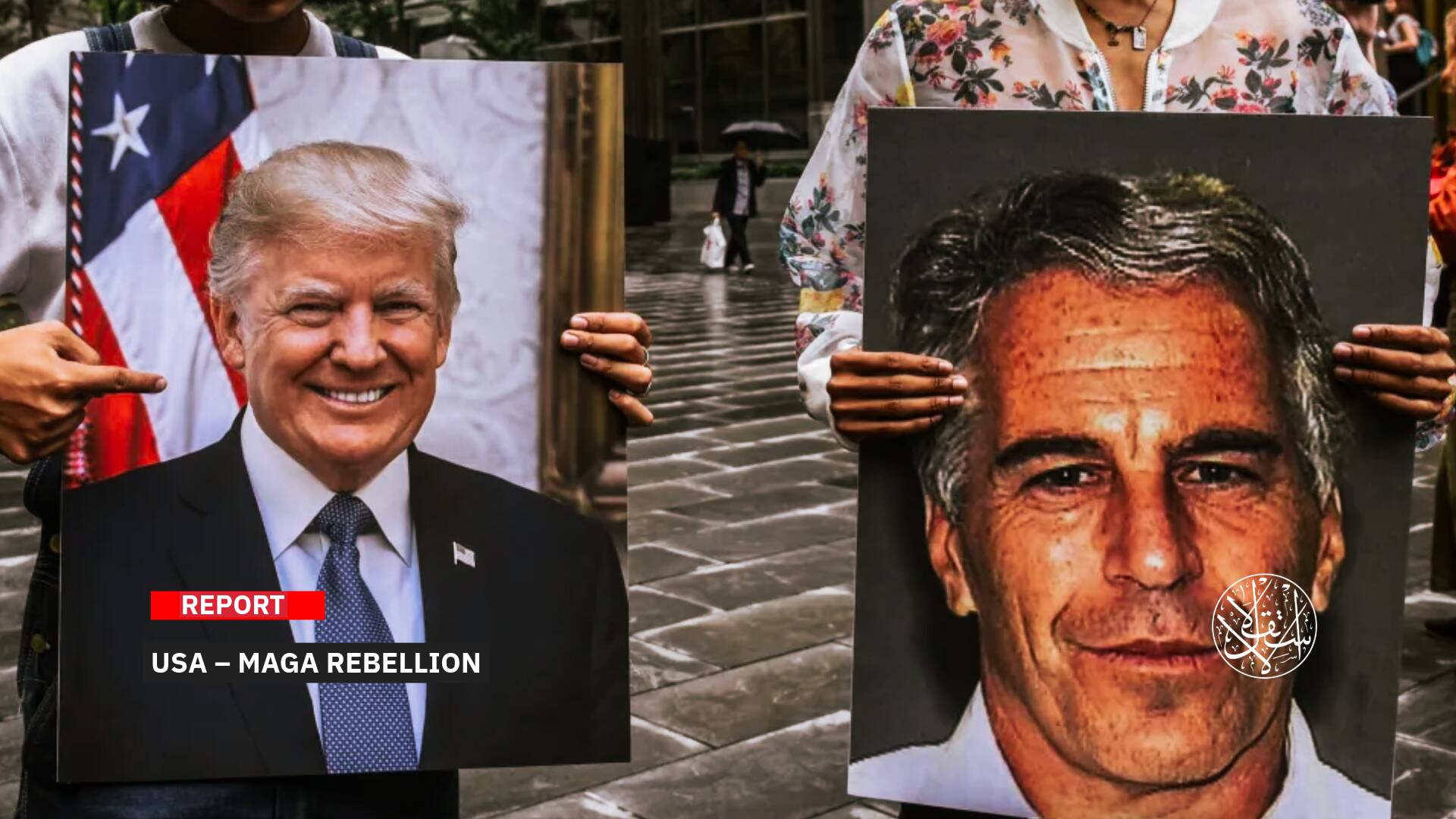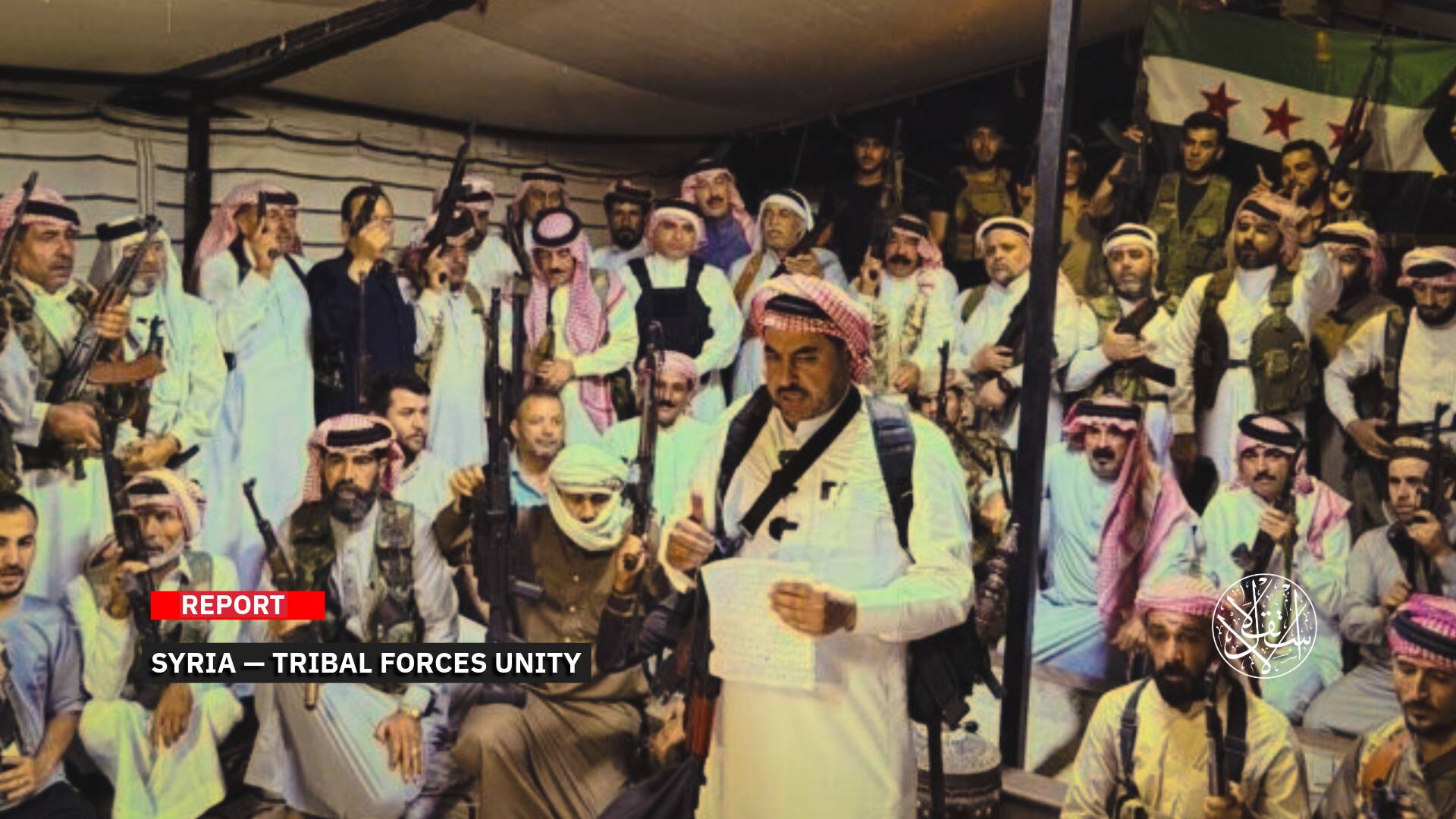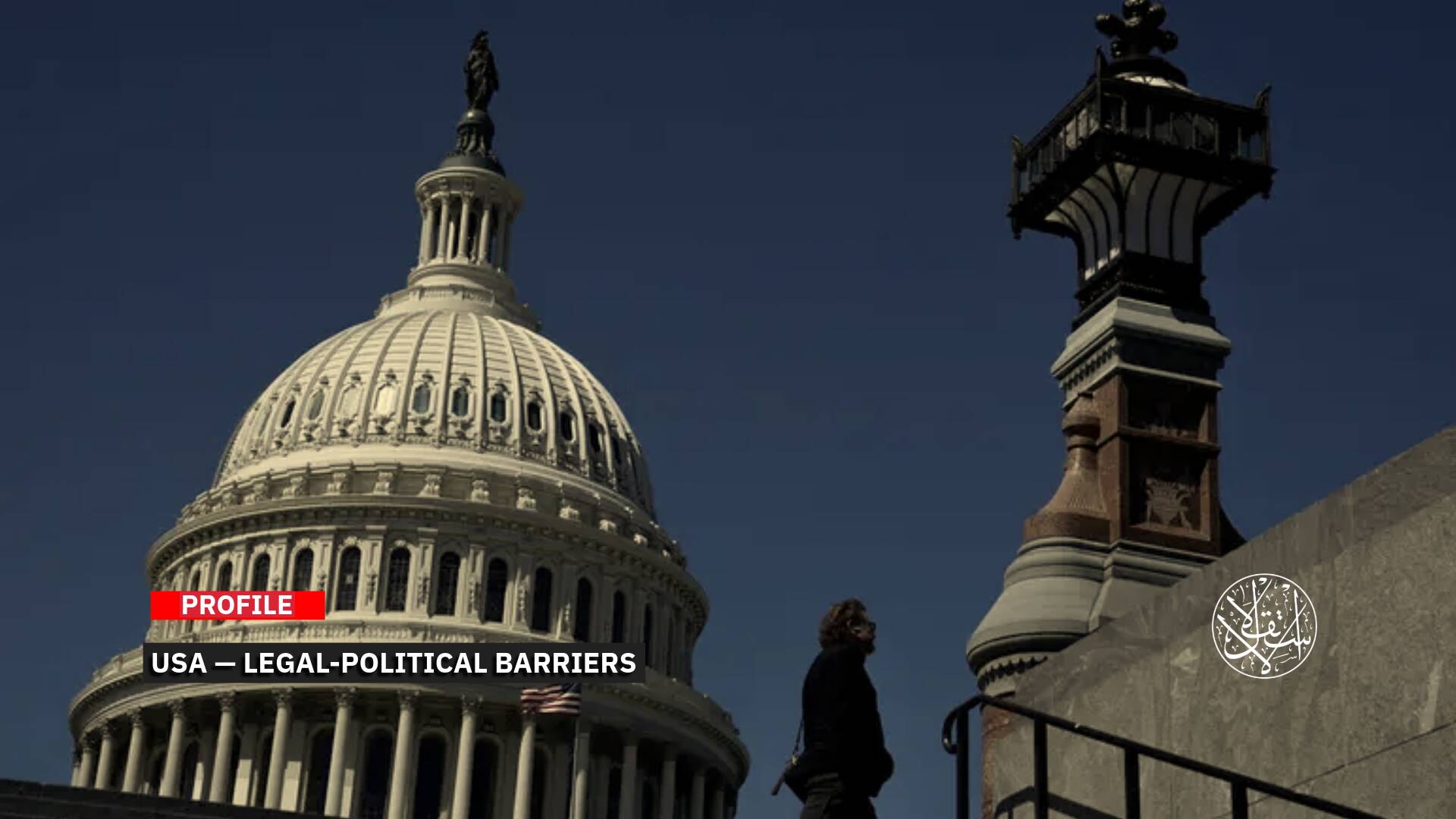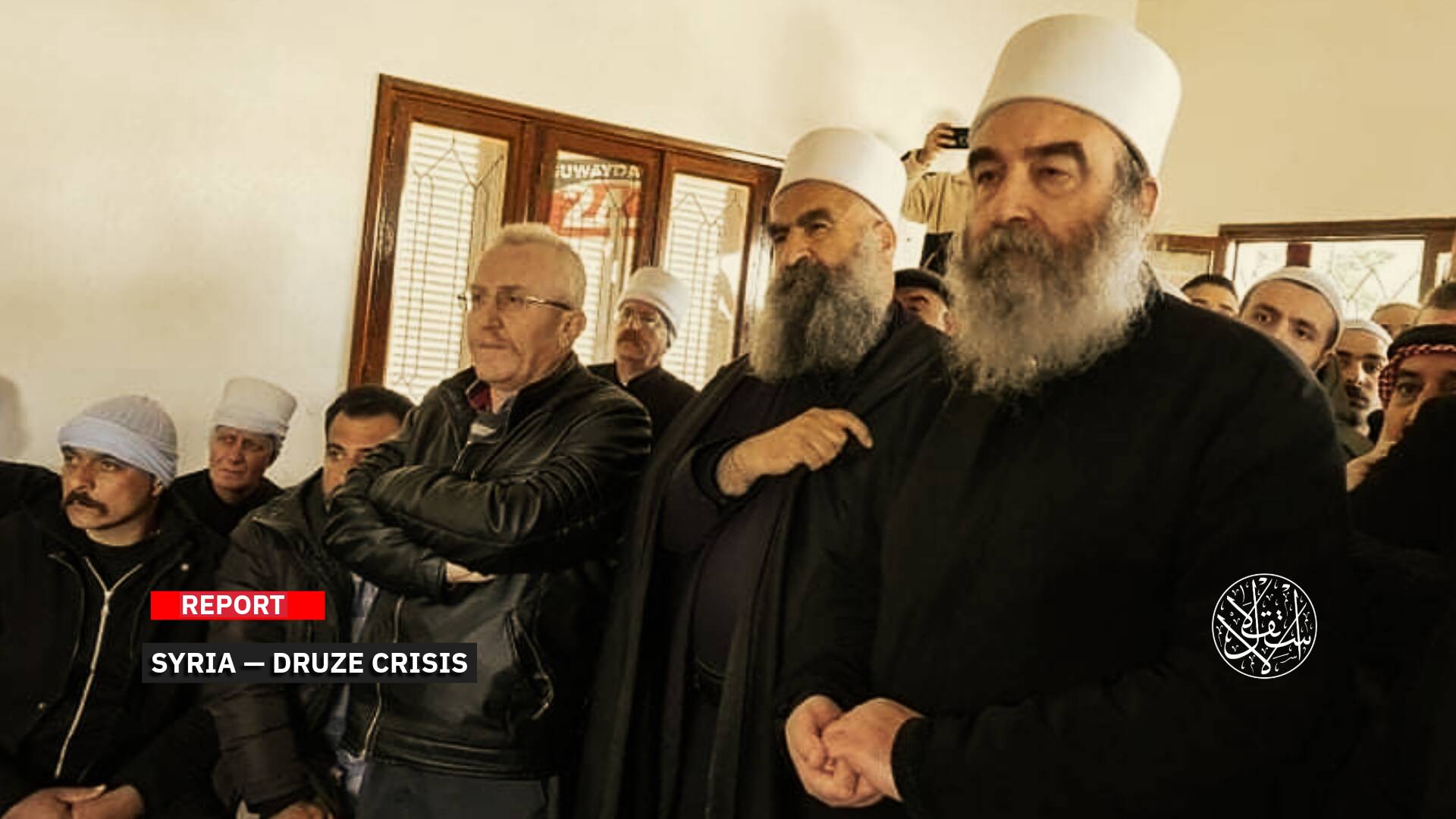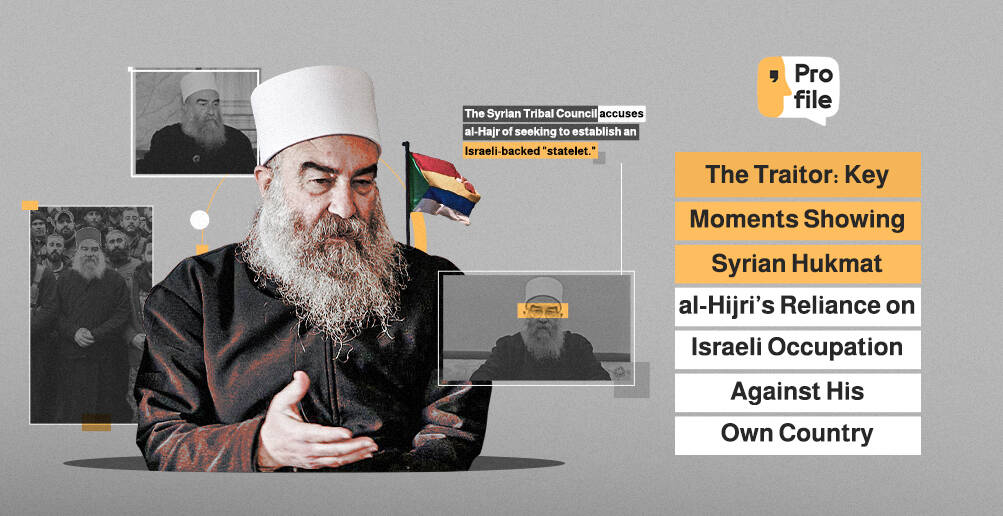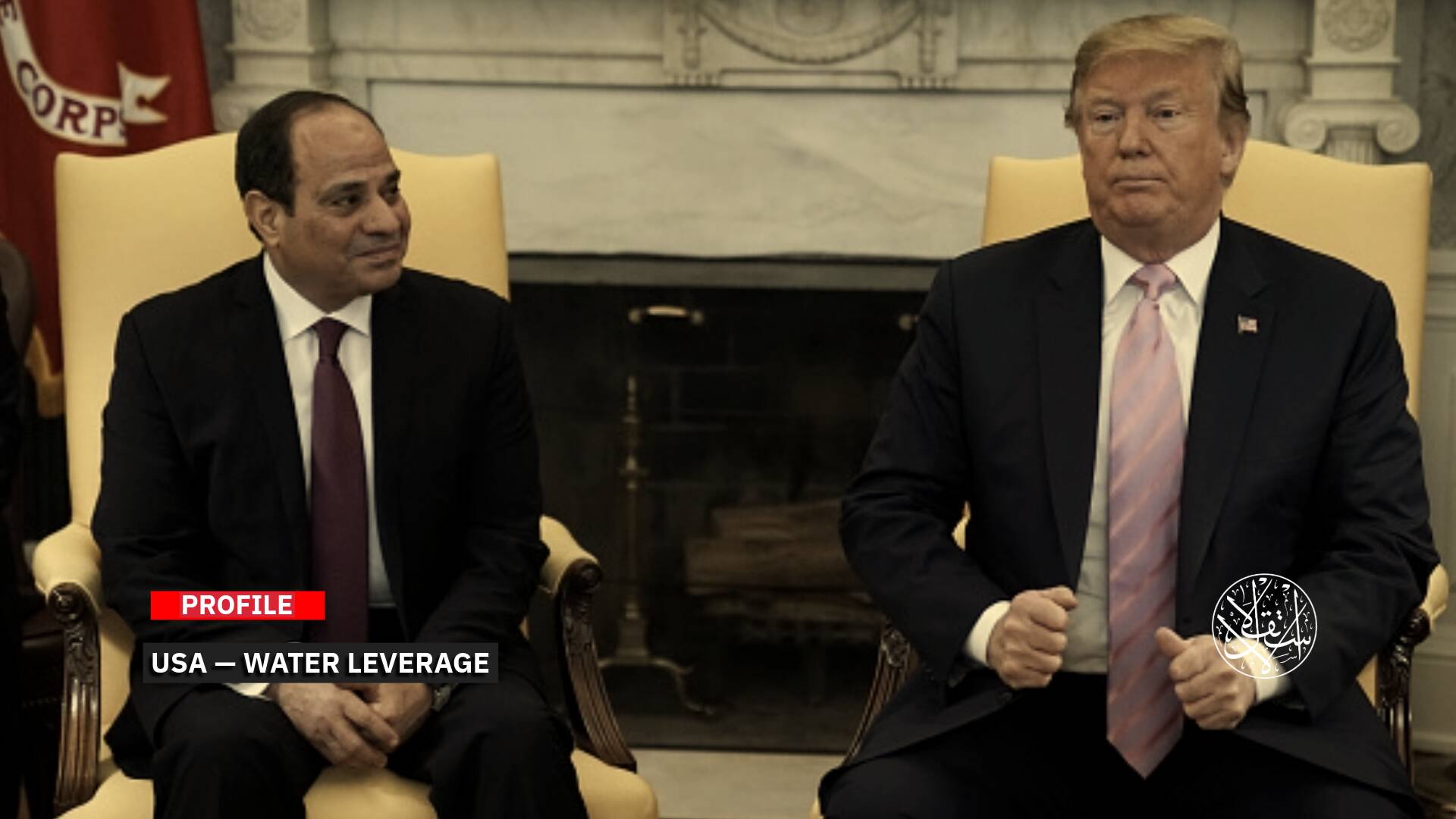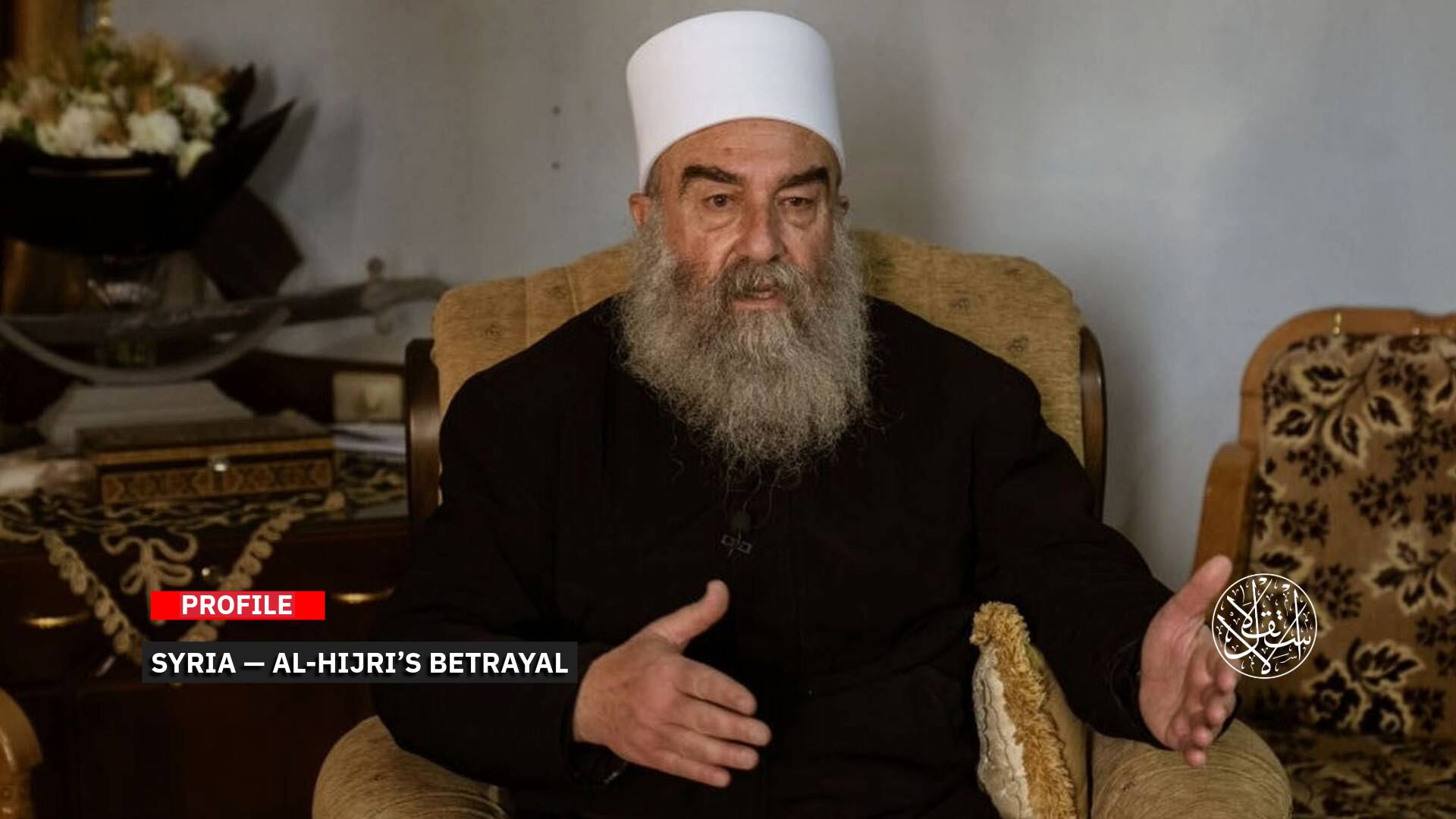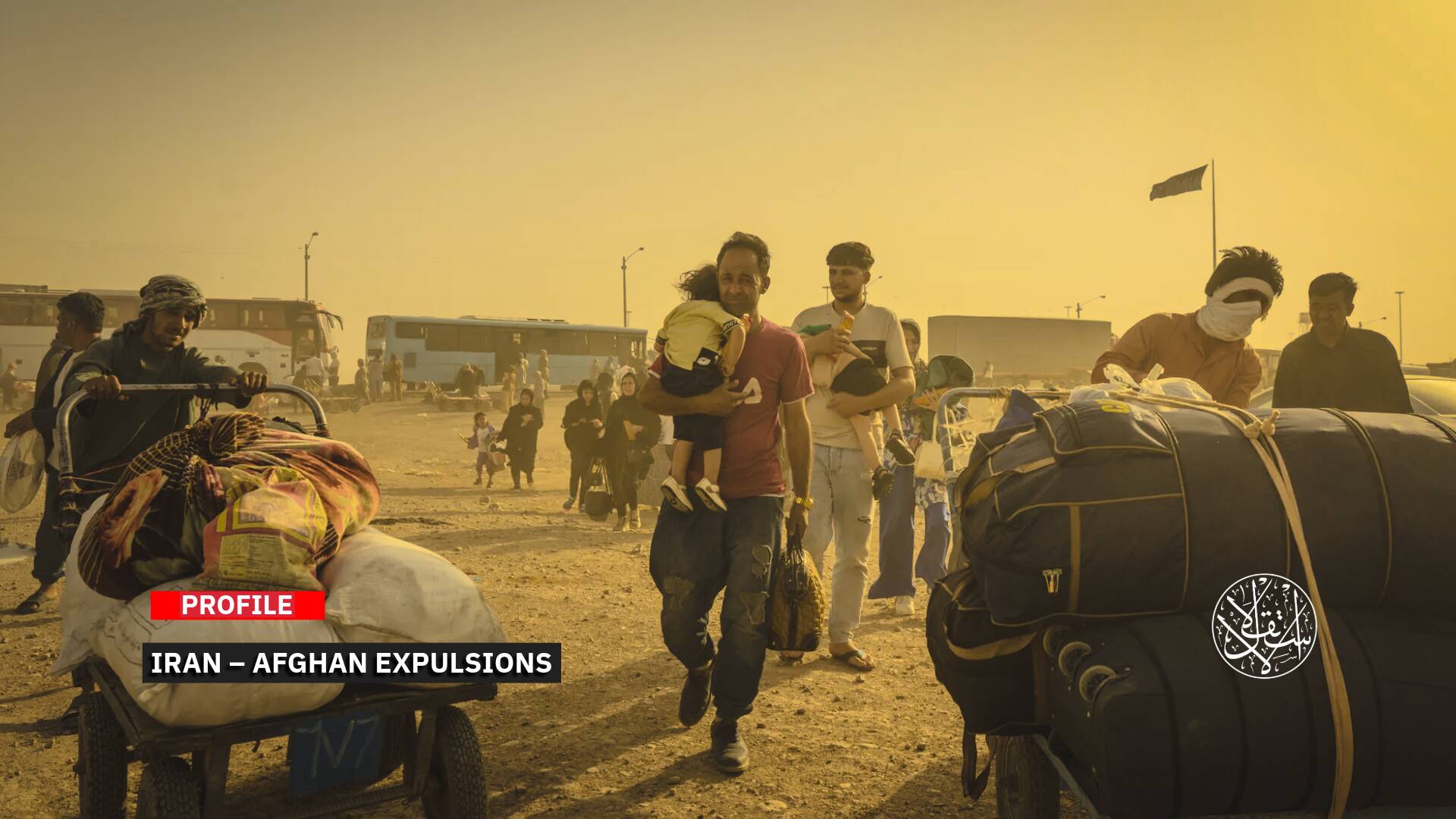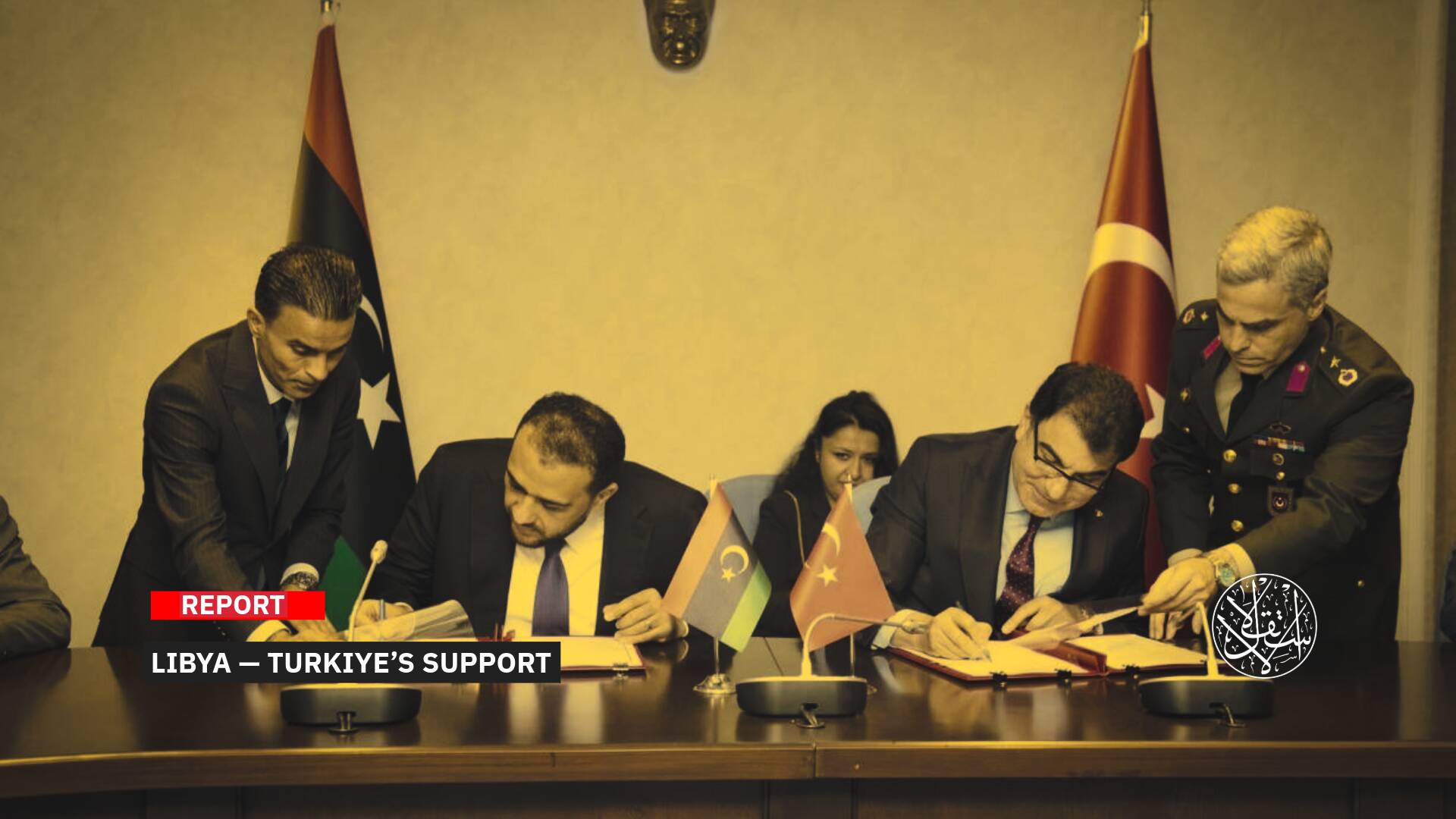For Strategic Reasons, Russia is deepening its Relations with Algeria
444.jpg)
Moscow is seeking to compete with the US role in the Maghreb and the presence in Libya and Mali, not only diplomatically but also militarily, by intending to establish a Russian base in Algeria.
Algerian Army Chief of Staff Said Chengriha made an official visit to Russia on June 21, 2021, at the invitation of Russian Defense Minister General Sergey Shoygu, amid Moscow's view of the Maghreb state as a gateway to expansion.
During his visit, Chengriha participated in the Moscow Conference on "International Security", organized from June 22 to 24, 2021.
Talks emerged about the participation of a delegation from the Algerian navy in the tenth edition of the International Maritime Defense Exhibition in St. Petersburg, Russia (23-27 June), without official confirmation.
The visit comes in the context of tensions on the Algerian border, due to the Libyan crisis and instability in Mali, in addition to the fact that Morocco and the United States completed a series of military exercises on June 18, 2021, some of which took place close to the Algerian border.
Strategic Pillar
Washington is against Russian military activity in the region, especially in Libya, where the Russian private military company "Wagner" - close to the Kremlin - has deployed thousands of mercenaries.
Moscow is the main supplier of arms to Algeria, as its arms imports increased by 64 percent between 2016 and 2020, according to a report by Stockholm International Peace Research Institute.
The visit of the Algerian army chief to Moscow follows his "secret mission" in Paris, which was revealed by the French magazine "Jeune Afrique", on June 15, 2021, and which was denied by the Algerian Ministry of Defense.
Since the constitutional reform in November 2020, the Algerian parliament has been able to debate sending troops abroad on the proposal of the head of state.

The magazine confirmed that the chief of staff stayed a few days in Paris to discuss the file of the African Sahel region, after French President Emmanuel Macron announced the end of Barkhane Operation in Mali.
Chengriha met, according to the same source, the new chief of staff of the French army, General Thierry Borcard.
In April 2021, the "Arab Defense" website, which specializes in military affairs, revealed that two Russian military delegations secretly visited Algeria, and inspected the "Marsa al-Kabir" naval base in the state of Oran, close to the Moroccan border.
The visit suggested the possibility of establishing a permanent base for the Russian Navy at the level of military and naval facilities.
Algeria's neighbors are not satisfied with the establishment of Al-Qaeda, which is secretly hidden. They are worried about the protection that Russia might provide to the Algerian regime, and its aim to expand its influence in the Mediterranean to counter Turkish hegemony and improve its striking power in the face of excessive American power.
The specialized website said that Algeria could "present a strategic pillar for Putin in the heart of the Mediterranean and North Africa."
Russia brings Algeria together with a historical strategic alliance, and the Maghreb state occupies the third place among Moscow's arms buyers.
Military cooperation is always present at the heart of relations between Moscow and Algeria, as well as the development of economic relations.
It is noteworthy that the two countries are major oil and gas producers and are at the forefront of Europe's suppliers of natural gas. Russia also has large investments in Algeria's energy sector.
Same Positions
During a press conference held on June 10, 2021, the Russian Foreign Ministry rementioned Moscow's position on the Sahara issue, which it referred to in the wake of the US decision to recognize Moroccan sovereignty over the territory in December 2020.
"We considered the US administration's decision to undermine the generally recognized international legal framework for settling the issue of Western Sahara, which provides for determining the final status of this region through a referendum under the auspices of the United Nations," it said.
In this file, Moscow adopted the same position as Algeria, and the two positions are also identical in the Libyan and financial files, as they reject foreign military interventions in the Libyan crisis.

During his visit to Moscow, Chengriha stressed that "Algeria plays a central role, not only in the Mediterranean and North Africa, but throughout the African continent," adding, "The region has been characterized for several years by the presence of major crisis factors that naturally affect stability such as Libya and Mali.
The team also expressed its great gratitude for the efforts made by Moscow to enhance strategic stability, and for the role it plays in Syria, adding, "We share Russia's position, and we appreciate the courage it shows in the international arena for a peaceful settlement."
On June 24, 2021, a senior US official in the White House considered that Russia's involvement in Libyan affairs affects Washington's geopolitical interests.
He added in a press briefing published by the Foreign Ministry: "The Russians have infiltrated the southern wing of NATO... they are exercising their influence in sub-Saharan Africa."
He said: "Libya is not of serious interest as it was in the past, but it is still a key factor in global economic affairs."
And the White House representative (whose name was not given) did not rule out that "Libya will turn into another uncontrollable space where terrorists can operate with impunity."
In an analysis published by Anadolu Agency in July 2020, it considered that Moscow's strategy in Libya is more advanced than Washington's, as it has hundreds of Wagner mercenaries on the ground, advanced warplanes, and air defense systems.
In April 2021, Russian Defense Minister Sergey Shoygu stressed the importance of deepening military relations with Libya, while Turkish President Rajap Tayyab Erdogan called on NATO to support the new Libyan government.
Mali Is the Goal
The Russian presence was considered a competition for France's role in the African continent, especially in Mali, but President Emmanuel Macron's decision to end the military operation "Barkhane" in the African Sahel region and start withdrawing may be in Russia's interest.
In a study published on June 17, 2021, the SITA Research Center said that the Russian intervention in Syria was considered part of a continuous series of Moscow's new foreign policy, which will continue in the future by intervening in Mali as an appropriate gateway to penetration into Africa again.
Based on Moscow's success in the Middle East over the past few years, the Russian authorities have made unremitting efforts to increase their political influence and economic cooperation in some African countries.

The same source believed that the Russian penetration into Africa came through several means, most notably the military, weapons, political and diplomatic means, in addition to economic means through oil and nuclear cooperation.
Since 2018, rumors of Russia's involvement in Mali have spread, accusing Moscow of supporting the August 2020 coup organized by high-ranking members of the Malian army.
The study considered that the Russian nuclear energy corporation "Ross Homme", which directly competes with its French counterpart "Areva", could obtain contracts in the Sahel region, and Russia may benefit from favorable relations with the new political authorities in Mali.
Nord Gold, a Russian gold company with investments in Guinea and Burkina Faso, can also expand its mining initiatives from Mali's gold reserves.
The latest Russian moves, according to the same source, can be the beginning of a development of the Russian military role, and it is possible that Mali will turn into a Russian arms market like the rest of Africa, and that the Russian security and military relations will extend to more than arms sales, which can sometimes include the use of private mercenary groups.
The volume of trade exchange between Russia and Africa is about $20 billion annually, a small number compared to the $204 billion exchange between China and the continent, and Moscow aims to reduce this big difference.


